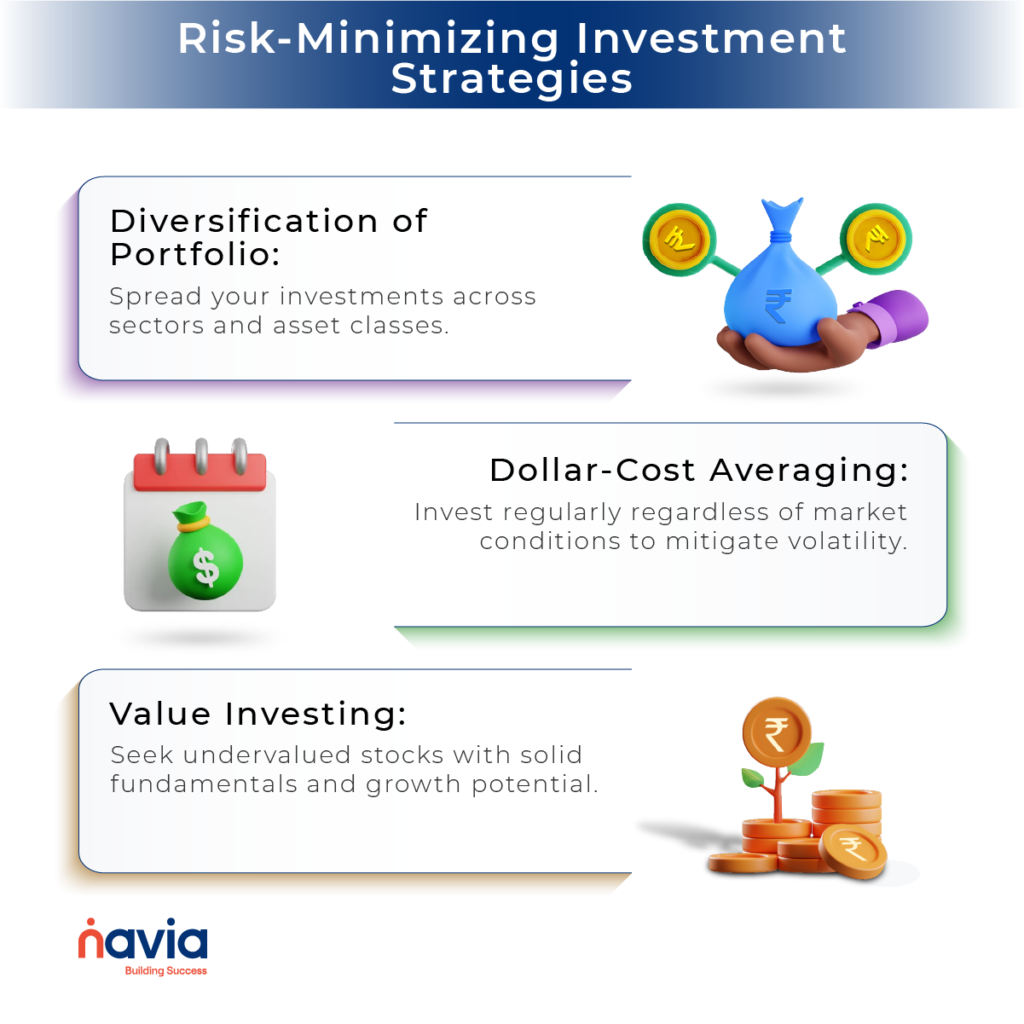How the Stock Market Can Help You Achieve Your Goals

In the ever-evolving landscape of finance, the stock market frequently emerges as a promising avenue for seizing opportunities. Whether you’re aiming to save for retirement, invest in education, or bolster your wealth to meet your financial objectives, comprehending and harnessing the potential of the stock market can prove to be one of your most potent strategies. Here’s why:
Compound Growth
The principle of compound growth is the cornerstone of investing in the stock market. By reinvesting dividends and capital gains, investors can experience growth on their growth, potentially leading to exponential wealth accumulation over time. This aspect of the stock market makes it an attractive option for those looking to build substantial nest eggs for retirement or other long-term objectives.
Diversification
Diversification serves as a risk management strategy by incorporating a variety of investments into a portfolio. With the stock market providing access to diverse sectors and industries, investors can mitigate risk by spreading their investments. This approach reduces the potential impact of any individual investment’s poor performance on the overall portfolio. Such a method can be particularly beneficial for achieving long-term financial goals while maintaining a prudent approach to risk management.
Liquidity
Liquidity refers to the ease with which an investment can be converted into cash without significantly impacting its price. The stock market is highly liquid compared to other investment vehicles like real estate, making it possible for investors to quickly access funds when they’re needed to meet short-term goals or emergencies.
Educational Resources
The proliferation of educational resources has democratized access to stock market investing. Today, investors have a wealth of information at their fingertips, from online courses and webinars to financial news and market analysis. This wealth of knowledge not only helps investors make informed decisions but also empowers them to set and achieve more sophisticated financial goals.
Innovation and Growth
Investing in the stock market offers the unique opportunity to be part of innovative and growing companies. By carefully selecting stocks, investors can support and benefit from the success of companies that contribute to economic growth and innovation. This can be particularly rewarding for those who aim to align their investment strategies with their personal values and goals for social and economic progress.
Strategies for Success: Weathering Market Storms

1. Diversification:
Diversification is like avoiding the risk of putting all your resources into a single venture. By spreading your investments across different sectors (such as technology, healthcare, finance, etc.) and asset classes (stocks, bonds, real estate, etc.), you reduce the impact of a single investment’s poor performance on your overall portfolio. This strategy helps balance risk and potential return, thus increasing the stability of your investment portfolio.
2. Dollar-Cost Averaging:
Dollar-Cost Averaging is a method where you invest a set amount of money at regular intervals, regardless of how the market is performing. By consistently investing over time, you buy more shares when prices are low and fewer shares when prices are high. This approach helps smooth out the effects of market volatility, potentially resulting in a lower average cost per share over the long term.
3. Value Investing:
Value investing involves identifying undervalued stocks that are trading below their intrinsic value. Investors look for companies with strong fundamentals, such as low price-to-earnings ratios, solid balance sheets, and consistent earnings growth potential. By investing in such stocks, investors aim to capitalize on the market’s tendency to eventually recognize and correct undervaluation, leading to potential long-term capital appreciation.
Staying Informed and Seeking Guidance:
Knowledge is power in the world of investing. Staying informed about market trends, economic indicators, and company fundamentals can help you make informed investment decisions. Additionally, seeking guidance from financial experts or utilizing reputable research sources can provide valuable insights and help you navigate the complexities of the stock market with greater confidence.
Avoiding Common Pitfalls: A Roadmap to Success
1. Lack of Market Knowledge
Before diving into the stock market, it’s essential to educate yourself about how it works, different investment strategies, and potential risks. Understanding key concepts like diversification, risk management, and valuation metrics can help you make more informed investment decisions.
2. Emotional Decision-Making
Emotions like fear and greed can cloud judgment and lead to impulsive investment decisions. It’s crucial to maintain a disciplined approach and stick to your investment strategy, even during periods of market volatility. Avoid making decisions based on short-term fluctuations and instead focus on your long-term financial goals.
3. Neglecting Risk Management
Every investment carries some level of risk. Neglecting risk management can expose your portfolio to unnecessary volatility and potential losses. It’s essential to assess your risk tolerance, diversify your investments, and implement strategies like setting stop-loss orders to protect your capital.
4. Inadequate Emergency Funds
Having an emergency fund is crucial to weathering unexpected financial setbacks without needing to liquidate your investments at unfavorable times. Aim to have enough cash reserves to cover at least three to six months’ worth of living expenses in case of emergencies.
5. Lack of Portfolio Diversification
Failing to diversify your investment portfolio can expose you to concentration risk, where a significant portion of your portfolio is invested in a single asset or sector. By diversifying across various asset classes and industries, you can spread risk and potentially enhance returns.
Key Insights from Experts & Users
1. Continuous Financial Planning
Financial planning is not a one-time activity but an ongoing process that requires regular review and adjustment. Periodically reassessing your financial goals, cash flow, expenses, and investment strategy can help ensure you stay on track to achieve your objectives.
2. Start with Diversification
Diversification is a fundamental principle of sound investing. By spreading your investments across different asset classes, you can reduce overall portfolio risk while potentially maximizing returns. Start by allocating your investments across stocks, bonds, real estate, and other asset classes based on your risk tolerance and investment horizon.
3. Embrace Discipline
Discipline is the bedrock of successful investing. Stick to your financial goals and investment strategy, avoiding impulsive decisions based on market fluctuations or short-term noise. By maintaining a disciplined approach and focusing on long-term wealth creation, you can navigate market volatility and achieve financial well-being over time.
Exploring the Stock Market Landscape with Navia Markets!
At Navia Markets, we specialize in guiding clients through the complexities of stock market investing. With extensive research and strategic planning, we empower our clients to make informed decisions and diversify their portfolios effectively. Our expertise lies in simplifying the stock market and ensuring strategic timing to navigate market dynamics successfully. To know more, visit navia.co.in.
Conclusion
In conclusion, while the stock market poses inherent risks, strategic navigation is essential for success. Armed with the right knowledge, tools, and mindset, it becomes a powerful avenue for achieving diverse financial goals. As investors embark or continue on their journey, prioritizing patience, diversification, and ongoing education is paramount in harnessing the market’s potential.
In summary, the stock market serves as a gateway to financial prosperity, offering avenues for growth, diversification, and liquidity. To thrive, it’s crucial to make informed decisions, resist emotional impulses, and maintain discipline. Continuous planning and a focus on long-term security through diversification are key to unlocking the market’s opportunities. With these principles at hand, investors can chart a course toward financial freedom with confidence and resilience. And with Navia Markets by your side, leveraging the stock market for your goals becomes a journey of empowerment and achievement.






